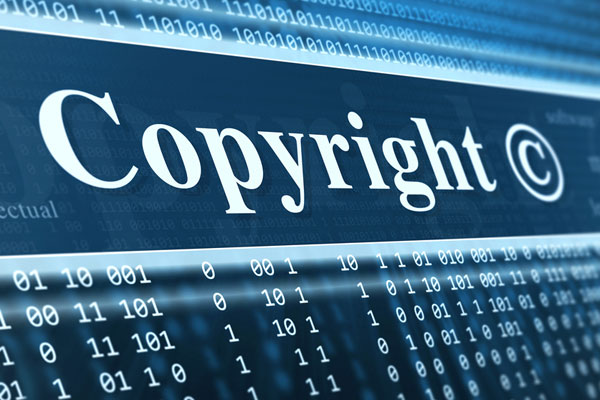APCiT sent a proposal to the Ministry of Culture to remove from the search results links to materials violating copyright

The Association of Film and Television Producers has made a proposal according to which search engines (Google, Yandex, Bing, and others) will have to remove links that violate copyright at the request of the rights holders. The association’s proposal has already been sent to the Ministry of Culture of the Russian Federation, which is currently developing amendments to anti-piracy legislation, the newspaper Izvestia reported .
APCIT Legal Counsel Sergey Semenov commented on the initiative of the organization:
')
Members of our association believe that search engines are the main problem of the spread of piracy. Search engines are the best place to stop a violation. We want a direct indication in the law that search resources, if they do not remove the links after it became known about the violation of copyright, themselves become responsible for the violation.
In fact, this time search engines want to be held accountable for distributing illegal content.
The basis for claims to the search engines is their controversial legal status. In legal practice there are three opinions:
- Search engines are informational intermediaries, that is, they are responsible for the “disseminated information” (search results).
- Search engines are not information intermediaries and do not bear any responsibility for search results.
- Search engines are not informational intermediaries, but they are not exempt from liability and should be borne on a common basis.
The rightholders believe that the status of search engines must be clearly stated in the law so that they either remove links on request or pay compensation. According to Art. 1301 of the Civil Code of the Russian Federation payments can be from 10 thousand to 5 million rubles, or double the cost of using the work. Also, the law provides for criminal liability for infringement of copyright, but, based on judicial practice, most often such cases are considered in the plane of the Civil Code.
In the domestic Internet giant “Yandex” have already responded to the statements of APCiT. The company's press service stated that such measures are excessive:
Regulation of the search engines in the form in which it is proposed by the authors of the appeal, including imposing responsibility on copyright infringement on search engines, is inexpedient and legally incorrect, since there is a clear understanding in current legislation and judicial practice that search engines responsible for the violation of intellectual property rights. The courts adhere to the position that search engines do not belong to information intermediaries due to the peculiarities of their work mentioned above. This position is confirmed by numerous court practice.
Earlier, the Internet Copyright Association previously sent “Yandex” letters demanding that the link to the resource Rutracker.org, which has been blocked for life in Russia, be removed from the issue. The Internet giant AZAPI ignored the requirements.
Source: https://habr.com/ru/post/398799/
All Articles